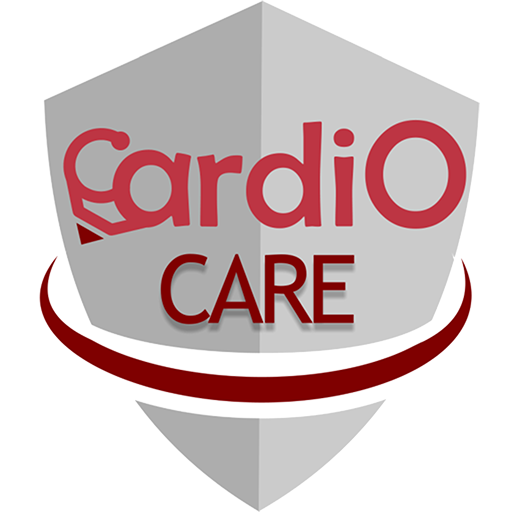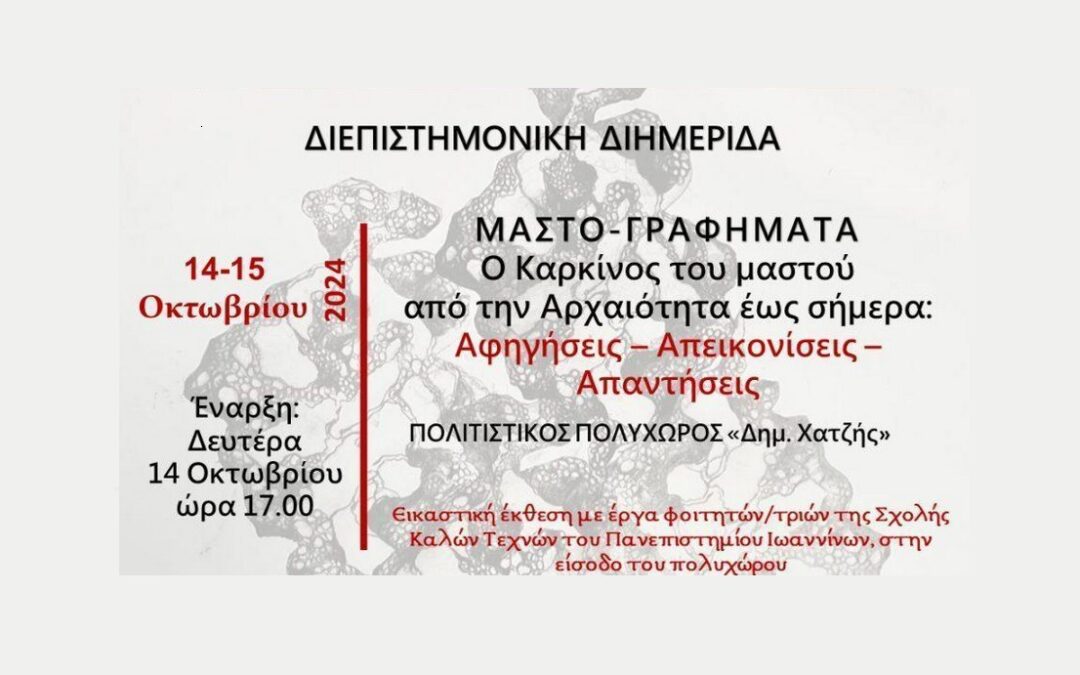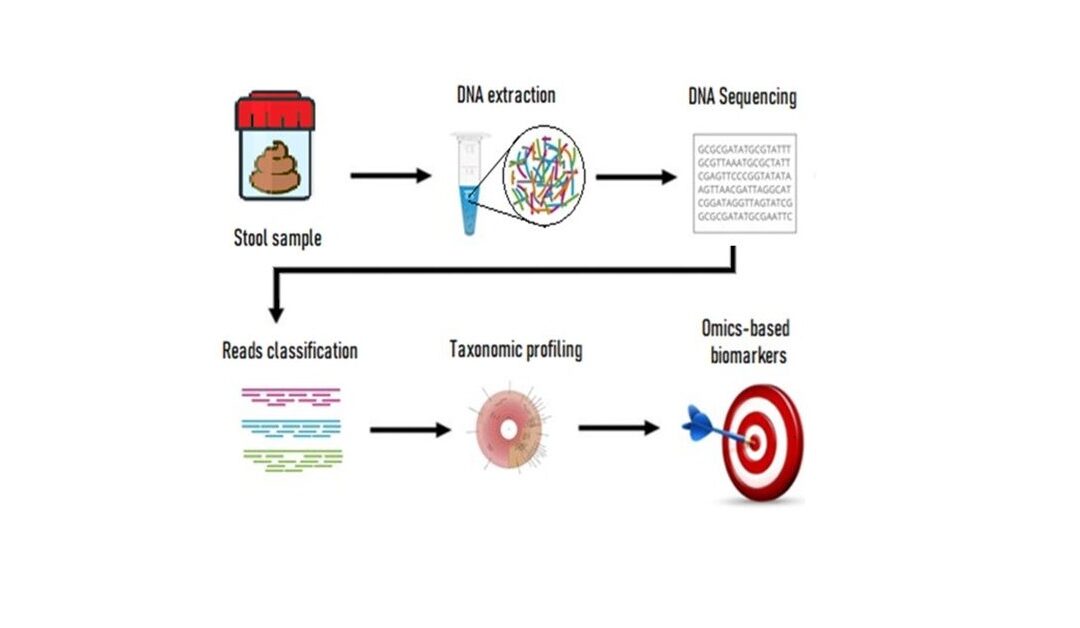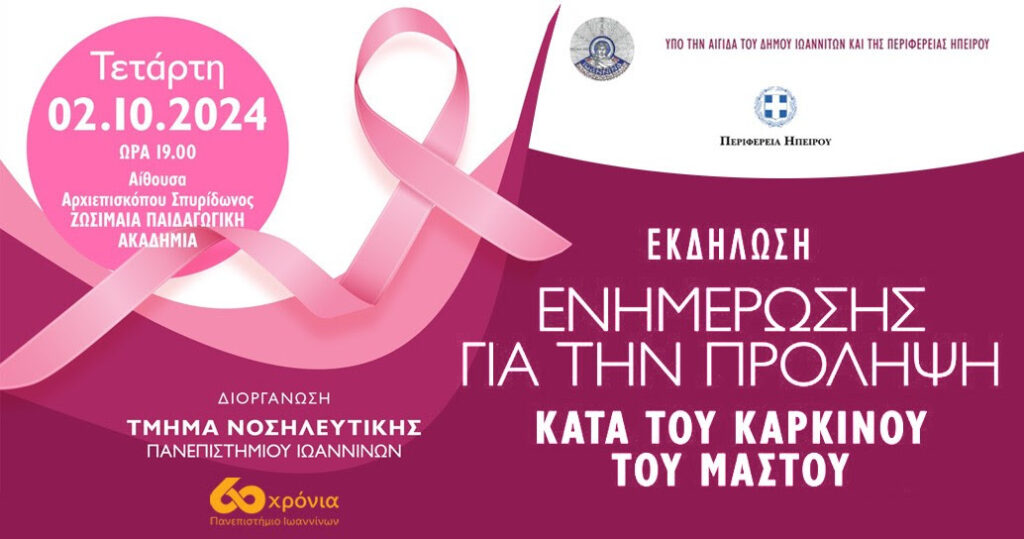Could you tell us a bit about yourself?
I have completed my BSc degree in Medical Microbiology at the University of Leeds, UK and then conducted my postgraduate studies (MSc) in Molecular Medicine at St. James’s University Hospital, University of Leeds, UK. I have been awarded the University of Leeds 110 Anniversary Research Scholarship to conduct my PhD studies in the field of Cancer Epigenetics at the Leeds Institute of Molecular Medicine (LIMM), University of Leeds, UK. My PhD research work focused on investigating the potential of epigenetic therapy for the treatment of colorectal cancer and targeted delivery using ultrasound-mediated microbubble destruction using colorectal cancer mouse models in vivo (https://etheses.whiterose.ac.uk/22420/). Additional research interests during my PhD studies, led to better understanding the importance of the novel PLAGL1 promoter 5 in the function of PLAGL1 in the T-lymphocytes (10.1371/journal.pone.0185678). I have then conducted post-Doctoral research at the Tumour Virology Laboratory, University of Cyprus, focusing on understanding the interplay between the high-risk human papillomavirus oncoproteins and stemness using transgenic mouse models. As a post-Doctoral researcher, I also explored the promising anti-cancer potential of the hypomethylating agent, decitabine, for the treatment of cervical cancer and its ability to sensitize cancer cells to chemotherapy in vitro (DOI: 10.3390/ijms232214042). Currently, I am a Research Fellow in the Clinical Trials Unit at the Bank of Cyprus Oncology Centre, for the CARDIOCARE project (funded by Horizon 2020). As a Research Fellow in a multidisciplinary consortium (12 institutions from Europe), I participate in the development of an interdisciplinary approach for the management of cardiotoxicity in elderly multimorbid breast cancer patients treated with cardiotoxic breast cancer therapy (https://doi.org/10.3390/cancers15133290).
What made you to decide to follow a career in the field of tumour virology?
Following my PhD studies in Cancer Epigenetics, I have then conducted post-Doctoral research at the Tumour Virology Laboratory, at the University of Cyprus. Ever since my undergraduate and postgraduate studies in the field of molecular and cancer biology, my devotion in pursuing a career as a post-Doctoral researcher in the field of Cancer Biology was further enhanced. The field of tumour virology and in particular, Human Papillomavirus (HPV)-derived carcinogenesis, is an exciting field that involves several biological processes including tissue remodelling, stemness, inflammation and carcinogenesis. High-risk HPV is the causative factor for 99% of cervical cancer cases. However, several emerging questions still remain to be investigated including how HPV infection is established and how HPV oncoproteins interact with the surrounding microenvironment to favour HPV survival and carcinogenesis. Therapeutic options following HPV infection are limited to surgical interventions and cryotherapy. Consequently, research in this field allow investigations in novel and emerging research areas with potentially high impact value in the healthcare sector and advancements in the management of cervical cancer in the clinical setting. My research introduced epigenetic therapy as a potential therapeutic approach for the treatment of cervical cancer revealing promising anti-cancer and chemosensitizing effects in cancer cell lines (doi: 10.3390/ijms232214042).
What excites you most about your work?
During my career I have experienced the three principal types of medical research, which really enhanced by research skills, scientific knowledge and understanding of the importance of medical research in the scientific community and its impact in the healthcare sector. The three types of medical research include the basic, translational, and clinical research, all of which form a continues research loop with significant impact on the cutting-edge developments from the lab bench to the bedside. Being at the first line of discovery and/or investigation of key unexplored aspects in medical health, producing high-impact research findings and contributing in the continues evolving field of medical research is extremely rewarding and highly motivating. Research often involves collaboration amongst experts with different scientific backgrounds as part of multidisciplinary consortia aiming at producing state-of-the-art knowledge in the field of medical research. Being supervised by renowned experts in the field such as the former Chief Executive of Cancer Research UK, has significantly expanded by knowledge and advanced by research approaches in the field. In addition, medical research promotes longstanding international research networks through scientific meetings, scientific working groups and conferences facilitating scientific progress, collaboration opportunities and career development.
What impact do you hope your work will have in long run?
Clinical research can lead to ground-breaking findings that can advance the current state-of-the-art in the management of diseases, increase the survival rate and improve the quality of life of cancer patients as well as potentially improve response to treatment. Clinical research findings further enhance existing knowledge in the field of interest, address critical research questions and can provide cost-efficient, evidence-based best practices in the clinical setting. Recent advancements in medical research further promote the collaboration of partners with different expertise, encourage trans-disciplinary approaches and multi-consortium collaborations, which in turn surpass the knowledge from individual scientists. As a result, multidisciplinary teams can create high-level synthesis questions, address complex scientific hypotheses hence promoting research excellency and cutting-edge science.
What do you see as the key challenges and opportunities for your field of work?
Advancements in precision medicine, treatment strategies and understanding of disease, significantly depends on findings derived from medical research. Medical research requires significant financial investments, sophisticated equipment, latest technologies, and state-of-the-art facilities. It is, hence, critical, that the government and private donors invest in research and enhance the Research Technological Development and Innovation (RTDI) Support in Cyprus. As medical research is complex and expensive, share of resources, access to equipments, knowledge and data is of paramount importance. However, Cyprus frequently faces geographic isolation, which gradually overcomes through established international collaborations, promotion of significant and internationally recognized research findings, funding awards for Research Centres of Excellence and absorption of EU funded projects. In addition, lack of reproducibility and inconsistencies amongst clinical studies due to low number of participants and/or variabilities between the target population do not enable for definite conclusions and new hypothesis to be developed. Consequently, larger prospective studies with sufficient statistical power are warranted for the validation of findings. Overall, ground-breaking findings as a result of clinical research in novel and/or ongoing research areas as the one investigated by CARDIOCARE, are expected to highly impact and advance the current state-of-the-art in the management of disease, improve the quality of life of the patients and enhance the healthcare sector by providing evidence-based best practices.
Tell us about your involvement in the CARDIOCARE project.
CARDIOCARE is an extremely ambitious and promising EU-funded project aiming to advance the current state-of-the-art in the management of cardiotoxicity in the elderly, multimorbid breast cancer patients subjected to cardiotoxic anti-cancer therapies. The Bank of Cyprus Oncology Center (BOCOC) is proud to be one of the clinical partners of this prestigious project contributing to the development of a risk stratification model for the prediction and better management of cardiotoxicity in elderly breast cancer patients. As a Research Associate in the CARDIOCARE project, I have contributed to the collection of retrospective clinical data from a total of 650 breast cancer patients and to the preparation and review of protocols, of in house-designed platforms and mobile applications. Patient recruitment is currently ongoing at our centre, aiming to collect clinical data from a total of 120 breast cancer patients as per protocol requirements. In addition, a systematic review was conducted and includes extensive literature of human clinical studies each of which investigate the current and/or newly identified biomarkers as predictors and/or detectors of cancer therapy related cardiac dysfunction in patients treated with cardiotoxic breast cancer therapy (doi: 10.3390/cancers15133290). BOCOC team sufficiently disseminate and exploit the current achievements of the CARDIOCARE and aims to further validate and implement the findings of the project during and/or after the completion of the project.
What are your three take-home learnings from working on this project?
Large and multidisciplinary research consortia including the one of CARDIOCARE offer the opportunity to collaborate with renowned scientists and professionals with different expertise, participate in transdisciplinary, ground-breaking research, leverage the broad networking opportunities and participate and/or produce high-impact research publications and/or products. Three take-home messages from working in CARDIOCARE include the following: 1) Collaborative research and transdisciplinary approaches are crucial in identifying high-level synthesis questions and effectively tackle research challenges to successfully deliver the shared objectives of such a demanding project. 2) Effective communication between the partners of a multi-consortium programme is critical for an instant and successful troubleshooting and to overcome challenges and difficulties. Each partner needs to cultivate their own unique role and acknowledge the impact of their work in the overall progress of the programme. 3) A solid project management structure ensures the successful running of a consortium according to plan, that the programme objectives are achieved within the available budget and enables the scientists to focus on their science. Finally, getting the right people (i.e. stakeholders) at the table ensures the long-term success of the programme as it assists in the expansion and evolved solutions and strategies as progressing from one stage to the other.




